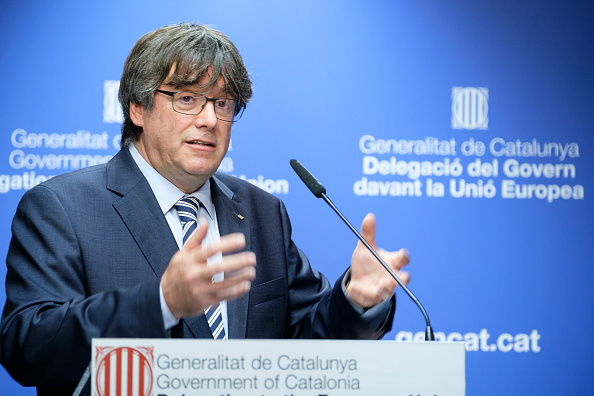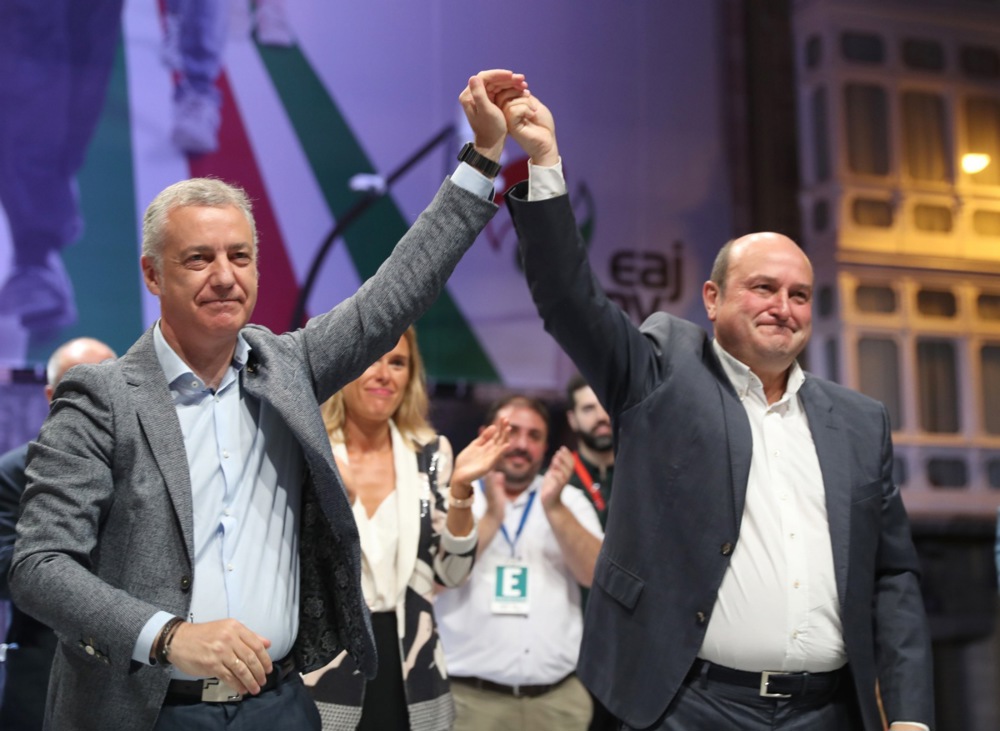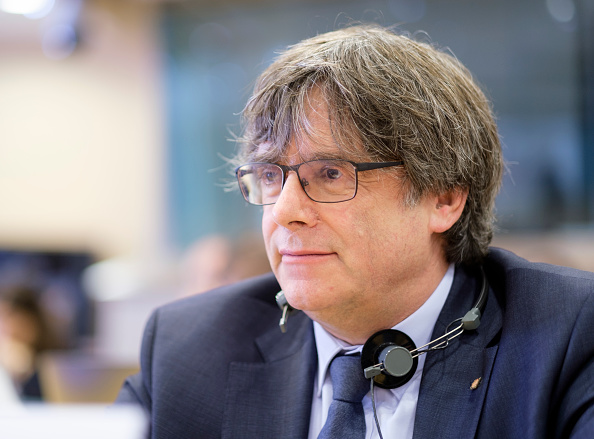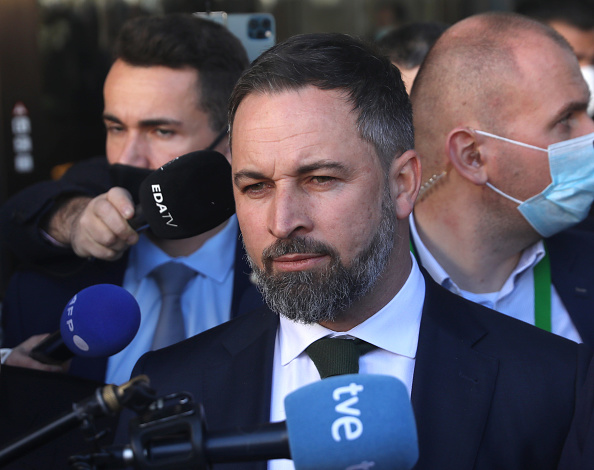The tallying of votes from Spaniards abroad has changed the distribution of seats in the Spanish Congress to the disadvantage of the Socialist Party and Spanish Prime Minister Pedro Sánchez.
Alberto Núñez Feijóo’s Partido Popular (PP) has taken an additional seat from the PSOE thanks to Spaniards overseas who were registered in the Madrid region. This slight change is set to impact Sánchez’s negotiations with the Catalonian separatist parties.
The new parliamentary composition gives exiled Catalan leader Carles Puigdemont more leverage over Sánchez. The Socialist PSOE now needs not just the abstention but the active favourable vote of Carles Puigdemont’s Junts per Catalunya party members.
With Feijóo’s new MP, the PP totals 137 seats in congress. With the Conservative party Vox and the two MPs from the regional parties of Navarre and the Canary Islands, the PP-led bloc would total 172 MPs: still four short of an absolute majority.
The PSOE now has 121 seats. With progressive Sumar, the Catalan (separatist) left, the two Basque nationalist parties, and the one Galician nationalist MP, Sánchez also has 171 votes. Both blocs are therefore tied, leaving Junts as the tiebreaker and virtual kingmaker.
Sánchez’s PSOE has asked the Spanish National Electoral Board for a recount of more than 30,000 invalid votes, though this is not expected to alter the result.
After the board revealed the results from overseas, Feijóo reached out directly to Sánchez via letter. In the note, Feijóo referred to himself as “the candidate with the largest support from the Spanish citizens”.
He asked Sánchez for a meeting before Congress opens again on August 17. While he did not explicitly mention the role of the Catalan separatists, Feijóo wrote that a “dialogue” between Spain’s two largest parties was needed to “ensure stability and governability”. This has led analysts to speculate that Feijóo might be ready to form a coalition government with the Socialists.
Sánchez’s reply rendered that possibility unlikely; he rejected the meeting alluding to the “principles of parliamentary democracy.” He wrote to Feijóo they could meet “once the Head of State – the King – nominates a candidate.”
Sánchez also reproached Feijóo for his regional coalition agreements with Vox. According to Sánchez, these governments “are adopting policies that represent unsettling setbacks in equality, diversity, and the environment”.
The Spanish political landscape is uncertain. With an even more complicated negotiation scenario for Sánchez, many feel a second general election might be in the offing.





